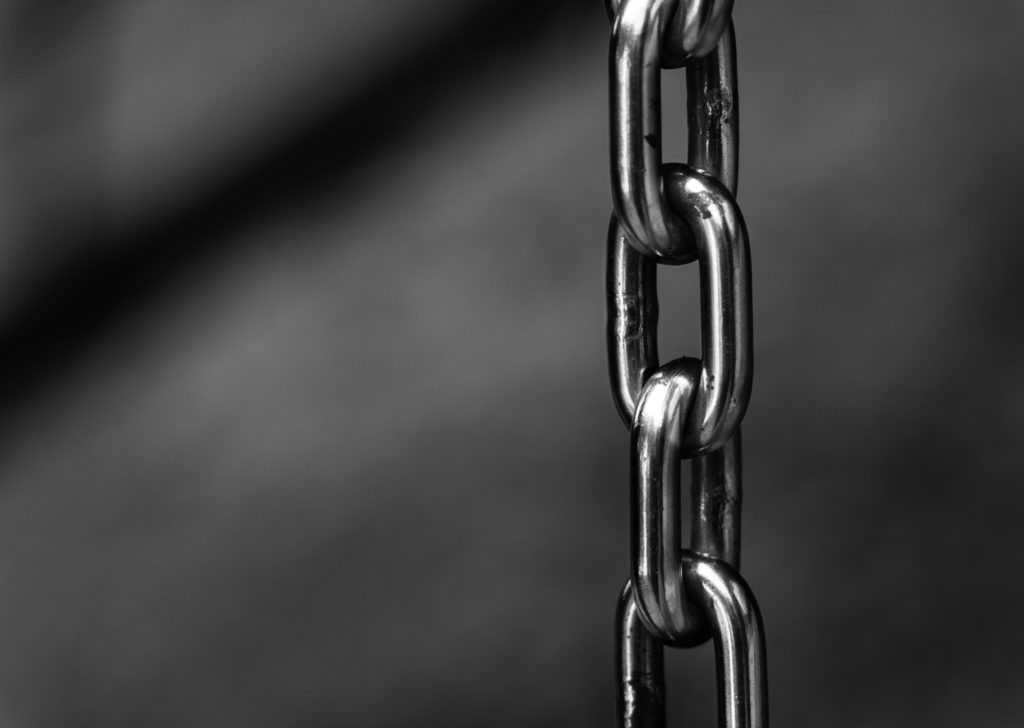Creating a website is easier to do nowadays because of the large number of web development tools and content management systems. Getting your online business website up and running, or getting a personal website underway is an accomplishment. Nonetheless, there are possible insecurity risks which are essential to tie down.
Before building the website, you should know more about the security tips that we will see below to help webmasters strengthen their website.

Update And Upgrade The Versions On The Website
Updates and upgrades are a vital step in website security. When a version gets an update, it means that some imperfections were recognized and the script has undergone modification to erase the security breach. This quick rectification implies that a hacker cannot take advantage of the updated version.
Upgrade versions make similar corrections of flaws in the old scripts and add the latest security patches. Furthermore, upgrade versions provide new features and improve website performance. New versions will also have bug and error repairs and a reduction of vulnerabilities.
Become Familiar With The Web Server Configuration
Server configuration files let you carry out commands and rules that strengthen website security. These files are usually in the root web directory and can be set to restrict executions. Every instruction and rule that reduces the amount of information available to hackers is a useful safety measure.
Identifying the web configuration files of your website could be as easy as knowing which web server you use. If you need to ascertain the web server you are using, check for the Website Details.
- If you are using Microsoft IIS web servers, the configuration files use web.config.
- Apache servers use the configuration files with .htaccess.
- Nginx servers use the configuration files with nginx.conf.
As discussed above, when you limit access to information, there is less chance of its misuse. Below are a few recommendations that you can add to the web server to minimize the exposure to hackers.
- Prevent directory browsing: This stops users from getting to browse through all the contents, in every directory on the website.
- Prevent hotlinking of images: This stops the malicious users from presenting the images you host on your web server, onto other websites. By hotlinking images, the hacker is using your bandwidth and costing you both in monetary terms and the inconvenience you would face when your bandwidth depletes from displaying the images on a website that is not yours.
- Protect sensitive files: You can git demands that will protect folders and files on your website, lockdown admin environments, or restrict actions such as uploads. One of the sensitive files found on the web server is the content management system (CMS) files. CMS file is vulnerable because they hold the text details of the database logins. Any malicious user can cause a lot of mischief with access to to the CMS configuration files.
Switch to HTTPS
Many of us have heard about establishing an SSL certificate on your website as a security measure. Yes, it’s necessary to install the SSL certificate on the website. HTTPS provides internet security. It guarantees that no other internet user can intercept or modify the content that is transmitting from the source server. Wherever your website requires high privacy, HTTPS will deliver the information securely. Use it for your website, credit card logins, personal information, and every other login pages as well. Without HTTPS, a hacker can intercept and imitate a user and capture their login session.
There are web tools available for your use that will automatically arrange HTTPS for you. Google is encouraging users to secure their internet use. They will elevate your site in search rankings when you have HTTPS. If you add the header HTTP Strict Transport Security (HTSTS) to your web server replies, it will block HTTP responses for your domain as they are insecure.
Create Secure Passwords
The answer to creating a strong password is by using random keys in addition to the alphabet and integer symbols. Use upper and lower case, special characters to form your password. Change your passwords often, and don’t duplicate a password from other websites.
Enable Captcha on your website to make sure that the responses aren’t automated, but coming from a human.
Conclusion
The benefits of building a secure website from the get-go will allow your website to function efficiently as it keeps the information safe. There will always be malicious users, but you can stay ahead of their evil actions when you develop a healthy security posture. You have access to web tools and professionals who can guide the process if you invest wisely.
